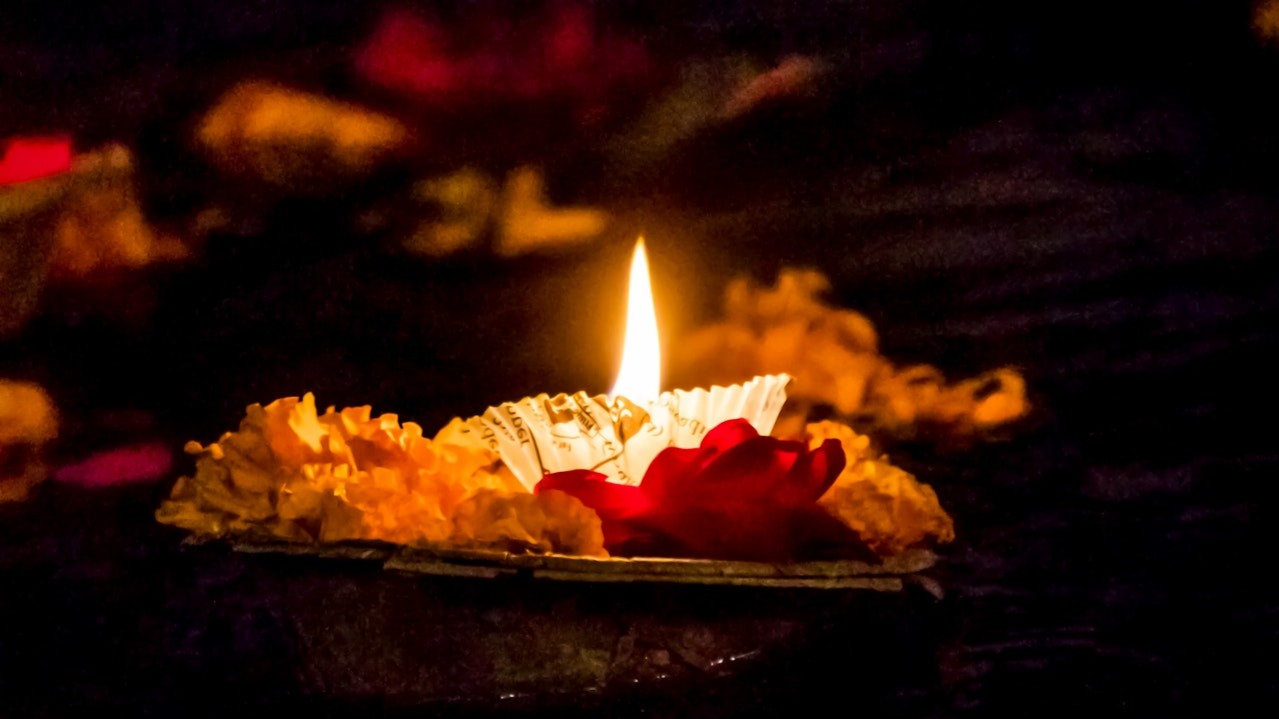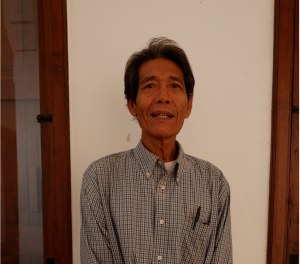There is a striking difference between how people in the West and the East perceive magic and mysticism. In the West, witches and wizards are outcasted, hunted and even burned alive (it is believed that people with mystical skills can come back from the dead).
You have probably heard about the Salem Witch Trial, a series of hearings and prosecutions of people (mostly women) who were accused of witchcraft in colonial Massachusetts between February 1692 to May 1693. But, witch hunt and prosecution had gone way back to the Medieval period, when the civil laws were strongly influenced by the Church.
On the other hand, people in the East tend to ‘respect’ people with the mystical association. Shamans and psychics even have positive-sounding nickname within the context such as orang pintar or orang sakti in Indonesia and Malaysia. The term refers to shamans, but pintar itself means 'smart' and sakti means 'powerful', while orang means 'person'. So in the East, people perceive shamans as someone highly knowledgeable (spiritually) and powerful.
In the ancient times, villagers would ask for help from the dukun to achieve their goals or simply get through their activity, such as delivering a baby, naming a child, attracting one’s crush, protection, business and even kill someone.
The shamans’ unusual practises are more legitimized since the kings and queens and the rest of the royal family members rely on the advice, protection and prophecies of the shamans. Usually, they would protect themselves from attacks of the ‘unseen’ (yes, ancient Eastern leaders would attack their enemy with spiritually, which are proven more effective and seamless at times, besides war) and prevent unfavourable future from happening.
In fact, in today’s modern world where science seems to rule, magic and mystical practises still live. Weddings, childbirth, funerals. Even though most of the practices are now done as a symbol of tradition, they were once practised for a real purpose.
For example, there is tanam rikmo, a Javanese wedding tradition of burying the bride and groom’s piece of hair in the backyard as a symbol of burying all the bad luck, so the couple’s household will be filled with good luck and happiness.
In Hoi An, Vietnam, there is Tết Trung Thu or the Full Moon Festival held once a month on the eve of each full moon. During which, lanterns are lit all over the city. It is one of the most important holidays for Vietnamese families as they celebrate the end of a long harvest season by expressing their gratitude to the mountain deities and the moon, whom they believe have brought them successful harvests.
Beyond that, stronger and negative shamanism is still practised, believed and, unfortunately, effective according to the sender and the receiver (sometimes receiver of witchcraft consult with a shaman for the strange happenings in his life and find out that someone has sent him a curse or spell).
Many political leaders and businessmen use santet (witchcraft aimed to harm others from a distance), guna-guna (hex), jampi-jampi (spells) to attack their rivals.
Of course, none of this can be proved and the laws are out of power against the ‘unseen’, but the stories are passed through whispers and some of them are not mere gossip. So, the next time you want to find out if this politician or that politician is doing black magic on each other, don’t bother to Google it because you won’t find any. Instead, rely on your network of gossipers (they only tell exaggerated stories, but a true gossiper seek the facts first!)
However, with today’s digital advancement, seeking professional shaman service is only a few clicks away. This is the result when I Google “Jasa santet” (“Curse service”) with local results. There are ads which led to shaman service websites with real phone numbers, the shaman’s names and types of curse or spell service they give.

Whether you believe in ghosts and witchcraft and spirits or not, you must be able to adapt to living with these practises around (because you can’t change the society and their glued culture at once, you know). We can’t necessarily force those who practice shamanism and such to stop.
It might be confusing for us, living in the 21st century, surrounded by both spiritual beliefs and advanced science. More often than not, their ‘facts’ clash, leaving us more confused than ever. At one point, science seems more convincing. But at another, the psychic chills get to our nerves.
Respect is key. Just like myths and superstitions, shamanism is part of our heritage, our history. It’s only a shame to eradicate them all. Some of the practises means no harm and give out good energy.
So, while some senior generations still practise and perhaps believe it wholly, what we can do is to respect their choices without supporting the bad ones. Meaning that we could respect the traditions, but maybe we shouldn’t give any support to practices that are believed to give bad impacts, such as santet and jampi-jampi
Most importantly, if you’re living in Southeast Asia, you might want to rely both on physical protection and spiritual protection as in praying according to your religion or regularly meditate or simply do a small act of positive kindness. Because it’s a universal concept that we will be surrounded by the goods if we do the goods. You harvest what you sow.





















